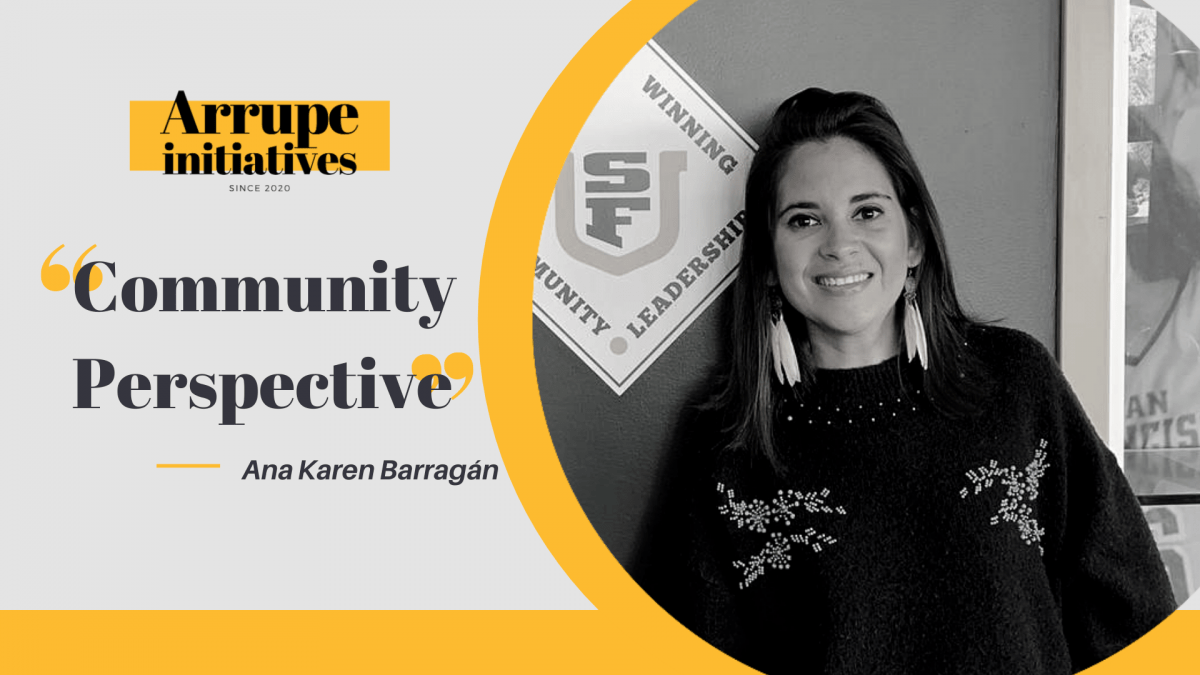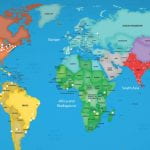A lo largo de casi un año hemos estado llamados a la distancia y al encierro. La humanidad entera nos ha exigido un acto de solidaridad y cuidado comunitario que nos ha puesto en dinámicas complejas de aislamiento social. Si bien se realizan esfuerzos acumulados para mantenernos cerca a través de los medios digitales, lo cierto es que se nos ha arrebatado la posibilidad de abrazar, estrechar la mano, mirar sonrisas, de estar congregados para celebrar la vida.
Ante esta realidad, el miércoles 17 de febrero tuve un momento de profunda consolación. Era el medio día y me dirigí al campus de la Universidad de San Francisco para recibir las cenizas, pues como cada año, este es un momento en el que se nos invita a la comunidad católica a hacer silencio, a mirar los desiertos de nuestras vidas, a reflexionar sobre nuestra responsabilidad en la herida social que se vive en nuestra actualidad y que mantiene a “Jesucristo en la cruz”, aún después de dos milenios de su existencia.
En los años anteriores, entraba a una capilla casi vacía y tomaba mis cenizas… “Cree en el Evangelio. Polvo eres y en polvo te convertirás”. Este año fue distinto, el padre Donal Godfrey, S.J., se encontraba en la intemperie del campus, con un cubrebocas, gel antibacterial y las cenizas a un lado, abriendo desde la distancia espacio para el encuentro, para iniciar uno de los tiempos más significativos de nuestra comunidad. Y así fue.
La consolación apenas se avecinaba. Decidí ir a la cafetería a comprar algo para comer previo al regreso al cotidiano encierro que implica la pandemia y una tesis de maestría. Ahí me sorprendí profundamente al ver un par de rostros inundados con sorpresa y alegría de algunos trabajadores de la cafetería al saber que acababa de tomar mis cenizas. Como si un mundo se hubiese abierto, como si hubiésemos retomado ese hilo y esa aguja para seguir tejiendo nuestra vida en comunión.
Ante su pregunta, les indiqué que el P. Godfrey se encontraba afuera de University Ministry y que estaría ahí hasta la 1 pm. Quedaron contentos, pero faltaban únicamente 25 minutos para que el Padre se fuera. En mi mente pensé, es hora del lunch, los alumnos seguirán llegando y no podrán tener una pausa. Salí y le avisé al sacerdote que había varias personas interesadas en las cenizas. Desgraciadamente él en unos minutos tendría que asistir a una junta, pero me dijo: “Ten toma las cenizas y dáselas”.
Tomé las cenizas conmigo y regresé a la cafetería, hablé a distancia con ellos y les expliqué que soy un ministro en residencia de la Universidad y que el Padre me había dado la instrucción de compartir las cenizas con ellos. Les pregunté si se sentían invitados y me permitían que yo lo hiciera; tan pronto como terminé la oración contestaron que sí.
La consolación se hizo presente en ese momento, no sólo porque era un tiempo de encuentro presencial a la distancia, sino porque nos encontramos como una pequeña comunidad latina; desde el principio hasta el final éramos uno, cristianos buscando aquellos ritos que nos hacen sentido y nos dan seguridad frente a lo incierto. Usamos nuestro lenguaje como símbolo de encuentro y de amor. Pronunciamos las palabras para recibir las cenizas y nos agradecimos mutuamente. Se me hinchó el corazón, por sentir profundo agradecimiento por estos menos de 5 minutos de gracia, de seguir hilvanando comunidad, de seguir construyendo un mundo en el que quepamos todas y todas, desde la ternura, el cuidado, la solidaridad y el amor.



















